The order goes into effect (Tonight) Monday, March 23 at 11:59 p.m. and will be in effect until 11:59 p.m. April 6.
By: MAIJA ZUMMO MAR 23, 2020 9 AM
In his daily press briefing on Sunday, March 22, Ohio Gov. Mike DeWine announced that Ohio Department of Health Director Amy Acton had signed a statewide “stay at home” order, essentially an order to shelter in place.
The order goes into effect Monday night (March 23) at 11:59 p.m. and will be in effect until 11:59 p.m. April 6.
At a news conference on Sunday, Cincinnati Mayor John Cranley said that the city will enforce the order.
“This is an extraordinary time, something that none of us have experienced before, when the governor has issued a stay at home order,” Cranley said. “The city is of course going to continue at this time to deliver the basic services that we all depend on.”
Cranley called enforcing the order “the right thing to do.” He said the law will apply to private residences and asked those in the city not to host large social gatherings at home. Any gathering of 10 or more is still prohibited unless it is part of an “essential business” or approved by Acton’s order.
Essential businesses are allowed to stay open, and those businesses have been determined based on a Homeland Security document identifying essential workers.
You can read the full order here.
But if you’re wondering what Ohio considers essential businesses, they are health care and public health operations, human services operations, essential governmental functions and essential infrastructure, plus/including:
- Stores that sell groceries and medicine
- Food, beverage and licensed marijuana production and agriculture — this also includes businesses that care for animals, like animal shelters and rescues
- Organizations that provide charitable and social services — places that provide food, shelter and social services to those in need
- Religious entities — this includes wedding and funerals
- Media
- Gas stations and transportation-associated businesses
- Financial and insurance institutions (note: most banks have moved to a drive-thru-only model)
- Hardware and supply stores
- Critical trades (plumbers, electricians, HVAC, janitorial staff, painters, movers, etc.)
- Mail, post, shipping, logistics, delivery, pick-up
- Educational institutions, but this does not amend or change the previous school closure orders
- Laundry services
- Restaurants for consumption off-premises — this includes both in-house and third-party delivery, carry-out, drive-thru and curbside pick-up
- Supplies to work from home and supplies for essential business operations
- Transportation — this includes airlines, taxis, Uber/Lyft, marinas and more
- Home-based care and services
- Residential facilities and shelters
- Professional services (lawyers, accountants, real estate agents)
- Places that manufacture, distribute and supply critical products and industries
- Critical labor union functions
- Hotels and motels
- Funeral services
All people at the essential businesses must comply with social distancing requirements.
If you need to leave your home, you can leave for the following reasons:
- For health and safety
- For necessary supplies and services
- For outdoor activity
- For certain types of work (see above)
- To take care of others
This order has also closed all places of public amusement.



